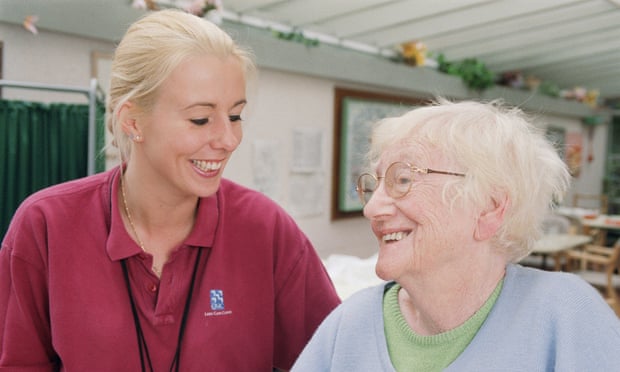Feb 21
20170
Loneliness Impacts Health
Humans are social creatures. While introverts may need solitude to recharge their batteries on a given day, everyone needs regular social interaction from family and friends. Seniors are at risk for loneliness when they lose friends / spouses to aging, or if they become isolated due to lack of mobility. Not only does a lack of social contact put people at higher risk of depression and substance abuse, but it also negatively impacts physical health.
The CBC article below references studies that equate prolonged loneliness to the negative impact of smoking a pack of cigarettes per day.
When My Healthcare Concierge works with seniors and their families, we not only help resolve the homecare or healthcare challenge that generated the referral, but we work to understand our clients interests and history and suggest a daily routine that creates engagement and addresses loneliness.






